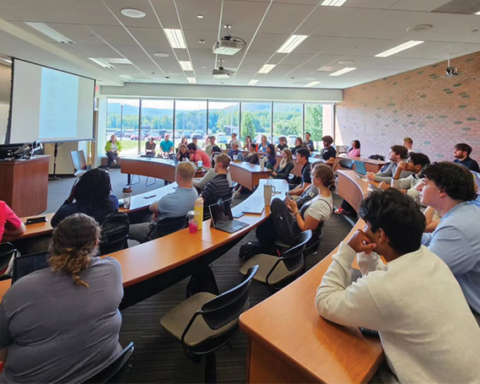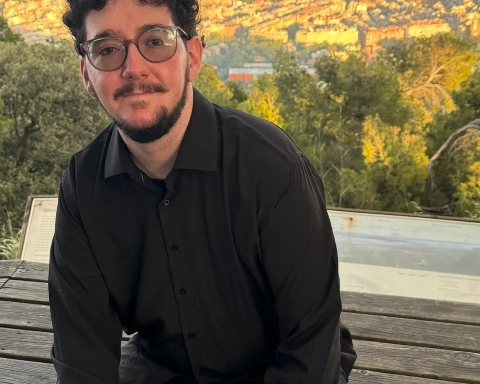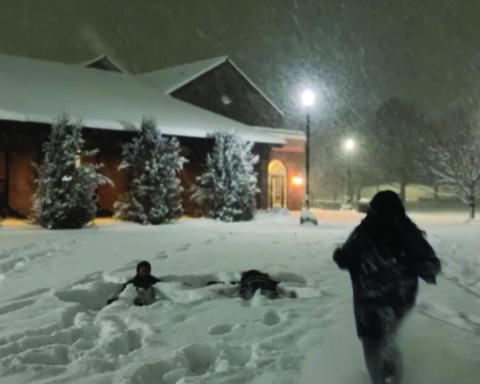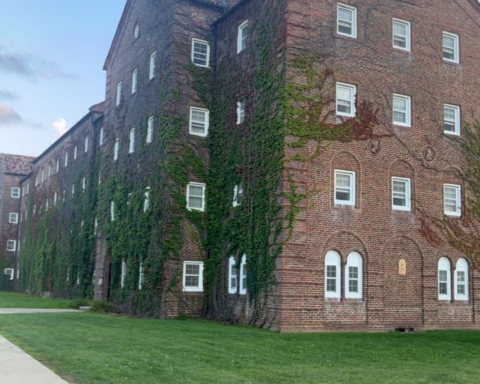By Cameron Pettrone
Staff Writer
The 21st century has been the birthplace of countless computing advancements that have revolutionized the way we work and connect with others. A nasty side effect of this technological age is the potential for these many computing devices to be commandeered by those with bad intentions.
Nearly three-quarters of Americans, and 90 percent of businesses, have been victims of hacking or some sort of cyber-crime. As recently displayed by the email hackings of 2016 presidential candidate Hillary Clinton, no one, no matter his or her position, is completely safe from these attacks.
According to Dr. Michael Hoffman, a member of St. Bonaventure’s information technology department, hacking is an inevitable result of the times.
“My general belief is that if someone is talented enough or if a group is talented enough, and they have the motivation, they can crack almost anything,” Hoffmann said.
Hacking is a reality that is faced on all college campuses, including Bonaventure. The simplest tactic hackers use to infiltrate institutions is not by attacking firewalls or using other sophisticated means, but by targeting individual people and tricking them into giving the hackers access to their systems.
The technique is referred to as “phishing” and it is the most common way hackers obtain information. It typically involves getting the victim to click on email links.
“It’s what they call social engineering; it is exploiting people,” said Hoffman.
While Bonaventure is protected by a variety of safeguards that filter out most phishing emails, our networks are still not 100 percent protected.
“There will always be exploitations,” he said.
According to Hoffman, there are breaches of security on campus every year, most of them due to phishing.
He believes that educating people on what to look out for is a great way to make sure that the remaining unfiltered emails do not pose a large security threat.
Recently, a quiz on phishing was posted to the my.sbu.edu website in order for the school to assess the extent to which the student population was aware of this tactic, as well as to be an educational tool. Hoffman advised that all students should take some time to become familiar with it.
Those who are worried about Bonaventure’s open Wi-Fi being used as a means for exploitation should not worry; the network is firewalled off from all of the administrative systems and sensitive material.
As a final message to students from the IT department, they will never ask for your password over email. If you receive an email that looks even remotely suspicious or prompts you to click a link, just ignore it. These emails are typically deceitful in who or what organization they claim to be, so always keep an eye out.
pettrocj16@bonaventure.edu






